Introduction
In the 21st century, the landscape of lobbying has undergone a significant transformation. The advent of digital technology has revolutionized traditional lobbying methods, introducing new tactics that leverage social media, big data analytics, and online platforms. These modern lobbying strategies have expanded the reach and impact of influence operations, raising questions about transparency, ethical considerations, and the integrity of democratic processes. This article explores how lobbying has evolved in the digital age, examining the tools and techniques employed by modern lobbyists and their implications for global politics.
The Evolution of Lobbying
Traditionally, lobbying involved direct interaction between lobbyists and policymakers through meetings, phone calls, and formal communications. These interactions were often limited by geographical and logistical constraints. However, the digital age has dismantled these barriers, allowing lobbyists to:
Reach a Global Audience: Digital platforms enable lobbying efforts to transcend national borders.
Operate Anonymously: Online tactics can obscure the identity of lobbyists and their sponsors.
Influence Public Opinion Directly: Social media campaigns can shape public discourse and, indirectly, policy decisions.
Digital Lobbying Tactics
1. Social Media Manipulation
Astroturfing: Creating fake grassroots movements to simulate public support or opposition.
Bot Networks: Using automated accounts to amplify messages, create trends or disrupt conversations.
Micro-Targeting: Crafting personalized messages for specific demographics based on data analytics.
2. Big Data Analytics
Data Mining: Collecting vast amounts of personal data to understand and predict behavior.
Sentiment Analysis: Gauging public opinion on issues in real-time to adjust strategies.
Algorithmic Targeting: Utilizing algorithms to identify key influencers and decision-makers.
3. Cyber Campaigns
Email Lobbying: Coordinating mass email campaigns to flood policymakers with constituent opinions.
Online Petitions: Gathering digital signatures to demonstrate public support.
Virtual Events: Hosting webinars and online forums to engage stakeholders.
Case Studies
Net Neutrality Debates in the United States – Lobbyists on both sides of the net neutrality debate utilized social media and online platforms to mobilize public support. Fake comments and bot-driven campaigns were identified during the Federal Communications Commission’s public comment period, highlighting the challenges of digital lobbying transparency.
Brexit Referendum – Data analytics firm Cambridge Analytica was accused of harvesting personal data from Facebook users to influence voter behavior during the Brexit referendum, showcasing the power of data-driven lobbying tactics.
Ethical and Legal Implications
The rise of digital lobbying raises several ethical and legal concerns:
Transparency and Accountability – The anonymity afforded by digital platforms can conceal the true source of lobbying efforts, making it difficult for the public and regulators to hold actors accountable.
Manipulation and Misinformation – The spread of false information through social media can manipulate public opinion and undermine democratic processes.
Privacy Concerns
The collection and use of personal data without consent infringe on individual privacy rights.
Regulatory Responses – Governments and international organizations are grappling with how to regulate digital lobbying:
Disclosure Requirements – Proposals to require lobbyists to disclose their digital activities and funding sources aim to increase transparency.
Data Protection Laws – Legislation like the General Data Protection Regulation (GDPR) in the European Union seeks to protect personal data from misuse.
Platform Accountability – Social media companies are under pressure to monitor and regulate content to prevent the spread of misinformation.
Recommendations for Policymakers
Enhance Regulatory Frameworks – Update existing lobbying regulations to encompass digital tactics, ensuring comprehensive oversight.
Promote Transparency – Implement mechanisms for tracking and disclosing digital lobbying activities.
Strengthen Data Privacy Protections – Enforce strict data protection laws to safeguard personal information from exploitation.
Conclusion
Modern lobbying tactics in the digital age present both opportunities and challenges. While they allow for broader engagement and more dynamic advocacy, they also pose significant risks to the integrity of democratic processes. Addressing these challenges requires a concerted effort from policymakers, regulators, and stakeholders to promote transparency, protect individual rights, and ensure that influence operations contribute positively to society.
References
[1] Kreiss, D., & McGregor, S. C. (2018). Technology Firms Shape Political Communication: The Work of Microsoft, Facebook, Twitter, and Google With Campaigns During the 2016 U.S. Presidential Cycle. Political Communication, 35(2), 155-177.
[2] Bennett, W. L., & Livingston, S. (2018). The Disinformation Order: Disruptive Communication and the Decline of Democratic Institutions. European Journal of Communication, 33(2), 122-139.
[3] Isaak, J., & Hanna, M. J. (2018). User Data Privacy: Facebook, Cambridge Analytica, and Privacy Protection. Computer, 51(8), 56-59.




